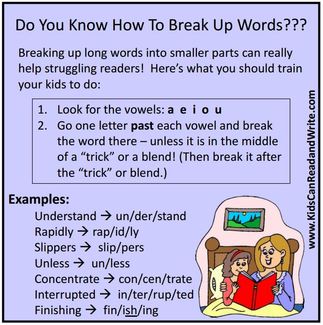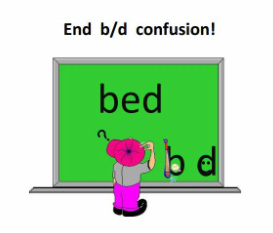
The truth is that many of these struggling kids are anything but stupid. In fact, many are actually GIFTED. They are just dyslexic.
Often, these are kids with incredible acting skills…storytelling skills…survival skills…intrapersonal skills…athletic skills…math skills…musical skills…art skills…building skills...mechanical skills...and so much more. These are kids who absolutely SHINE in so many other areas…who are bright, capable, fun, inquisitive, hard-working, talented, and personable…but who are also suffering from memory, retrieval, and directional issues, among others.
Because of their dyslexic tendencies, many of these kids have a really difficult time learning to read, remembering irregular (and even regular) spelling patterns, writing letters correctly, and memorizing just about any random facts or figures (especially math facts). They can also have trouble quickly retrieving what they do know, making timed tests a virtual nightmare. To make matters worse, what they finally manage to “master” one day is often quickly forgotten by the next. As a result, they soon discover that they must continuously practice/review any random facts, methods, or processes they wish to retain. Otherwise, their “neat-freak memory banks” will deem it "useless information" and quickly release it once more.
To get an idea of what it's like to be dyslexic and have retention and/or retrieval issues, imagine having everything you ever put on your computer, tablet, or phone quickly relegated to the recycle bin and then erased permanently if you didn't bother to look at it for a couple of days. All of your pictures. Emails. Texts. Calendar events. Notes. Games. Addresses. Everything. This is what it’s like for many dyslexics. Every new process is a bit slower because they have to go through an additional step (the recycle bin) to get to it. And what they don’t continue to use (or attach to a special memory), they lose, often within days of successfully acquiring it. They know this. And they know that most of their peers and loved ones don't have to deal with this. And so they make the horrific and life-altering conclusion that loving parents and caring teachers cringe violently in response to – “I’m so STUPID.”
“You are certainly NOT stupid,” I quickly responded to the last child I heard mutter this. (He was frustrated over continuing to misspell the same three letter word over and over again as he worked on writing a story.) “You know how to fix things, build forts, hunt for food, take care of farm animals, play baseball, tell funny stories, read, make friends, etc. You can do SO MANY things! Writing, particularly spelling, may not come easily to you, but that does not make you stupid. EVERYONE has stuff they have to work harder at than others. This is just your thing to work at.”
He smiled at this news and went back to working on his story.
But I'd be lying if I said my heart didn't break for him. With at least 9 more years of school ahead of him, he will have many struggles still to come. He will be constantly asked to do all of the things that are most difficult for him -- write complete sentences and essays to prove he has mastered the information taught, memorize random facts in multiple subjects, spit back information quickly and accurately with time constraints in place, etc. As he does so, he will have to continuously battle the voice in his head that has already started whispering and nagging (when it's not screaming)..."I'm so STUPID!"
If you are working with a dyslexic child, let him or her know that he or she is NOT stupid. Remember to praise his or her strengths as well as to acknowledge and help him or her with his or her weaknesses. Don’t let difficulty with school, particularly with memorization, ruin him or her. Teach him or her how to work hard for what he or she wants and to come up with ways to compensate for his or her particular weaknesses. Let him or her know that he or she is not alone and that you will do everything you can to help him or her on his or her journey. Pledge to be supportive and patient, loving and kind, and, most of all, unrelenting in your belief in him or her and your expectations for him or her. Show up to school meetings, insist upon the accommodations your child needs, and refuse to let your child fall through the cracks.
Dyslexics can be extremely high achievers despite the difficulties that they face. Just look at Henry Winkler, Jennifer Aniston, William Hewlett, Charles Schwab, Leonardo da Vinci, John Lennon, Henry Ford, Agatha Christie, Albert Einstein, and Thomas Edison. No one would dare to call them “stupid”…at least not anymore!
Wishing you all the best and much success,
Katy Huller
Author of Kinders Can! READ and WRITE!, Get Your Kids READING and WRITING! 2 and 3 Letter Words!, Tricks Practice Cards, More Tricks Practice Cards, and Alphabasics!
To read more literacy posts by Katy Huller, click HERE!





 RSS Feed
RSS Feed